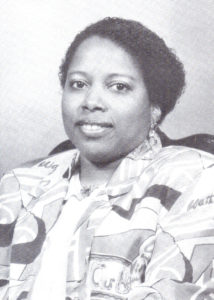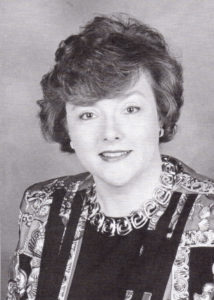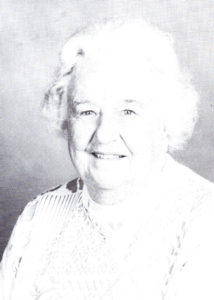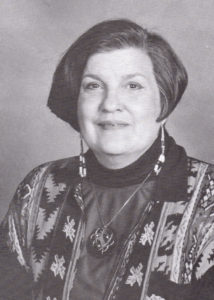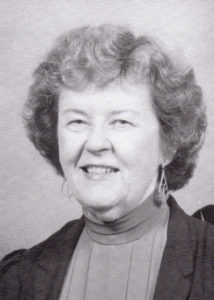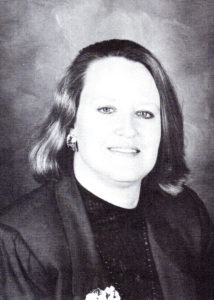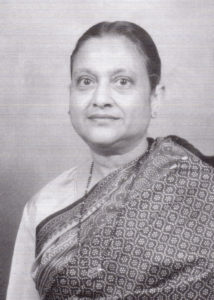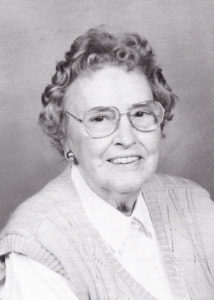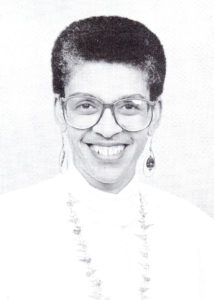Women of Achievement
1992
VISION
for a woman whose sensitivity to women’s needs
led her to tremendous achievements for women:
Patricia Howard
Patricia Howard has a vision for the girls of Memphis. She sees them reaching womanhood with the knowledge and skills they need to live successful lives.
Patricia began at Girls, Inc. in 1966 as a work-study college student and rose through the ranks to become executive director in 1978. She has learned through her years that the first step towards change is the ability to envision that change, and she has worked hard to give young women the tools with which to do that. Young women participating in Girls, Inc. learn that they can make choices about their futures. She emphasizes that decisions they make now (staying in school, getting a good education, developing employment skills) will make a difference in their lives. She stresses the importance of taking responsibility for oneself and one’s actions.
Patricia considers it a personal challenge to take this vision to women so that they know they have a responsibility to the girls in this community, and to motivate them to act to improve the futures of younger women by raising funds to implement programs and serving as role models and mentors. To accomplish this, she has worked closely with Provida, a national support group for Girls, Inc.
Realizing that programs for young women were not receiving equitable funding, Patricia helped organize the Women’s Funding Forum, whose purpose is to increase the community’s awareness for the need to support services for girls and women. While working with the general community, the group specifically targets women and woman-owned businesses.
To help more people share her vision of helping young women reach maturity with as many skills and options as possible, she has been an energetic participant in Memphis community and civic life. She has been active in Leadership Memphis, the IBM Community Executive Program, the Girls’ Club of America Board of Directors, the Bethany Home Board of Directors, and the Community Day Care and Comprehensive Social Services Association.
Patricia has long been active in women’s groups. In 1977 she was a founding member of the Coalition for Choice, a community-based group that lobbied to maintain reproductive rights. She was a team member and planner for the 1982 Women in the Community, an NEH grant through Radcliffe College, which produced a series of programs on the history of Memphis women. And in 1984 she was present at the brain-storming session where Women of Achievement was born.
In the words of her nominators, Patricia Howard is “a special person; her vision for Girls, Inc. — and every one of the girls who she serves — has made Memphis a better place to live.”
Patricia Howard passed away on March 5, 2019. Read more about her legacy here.


